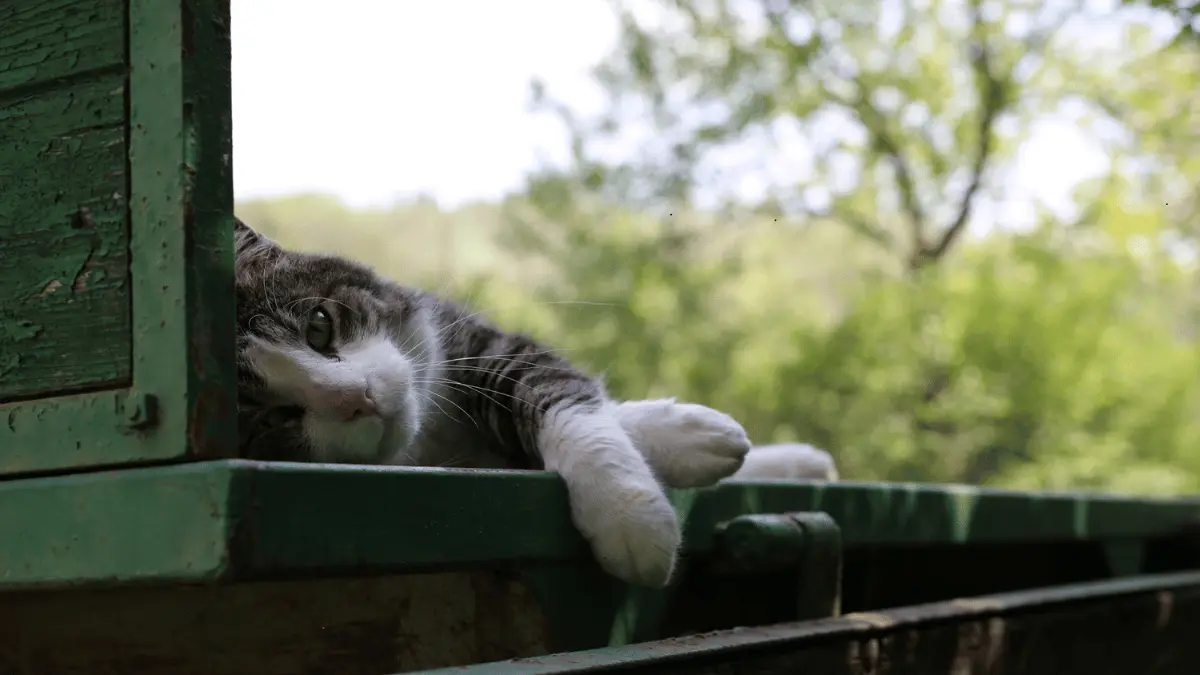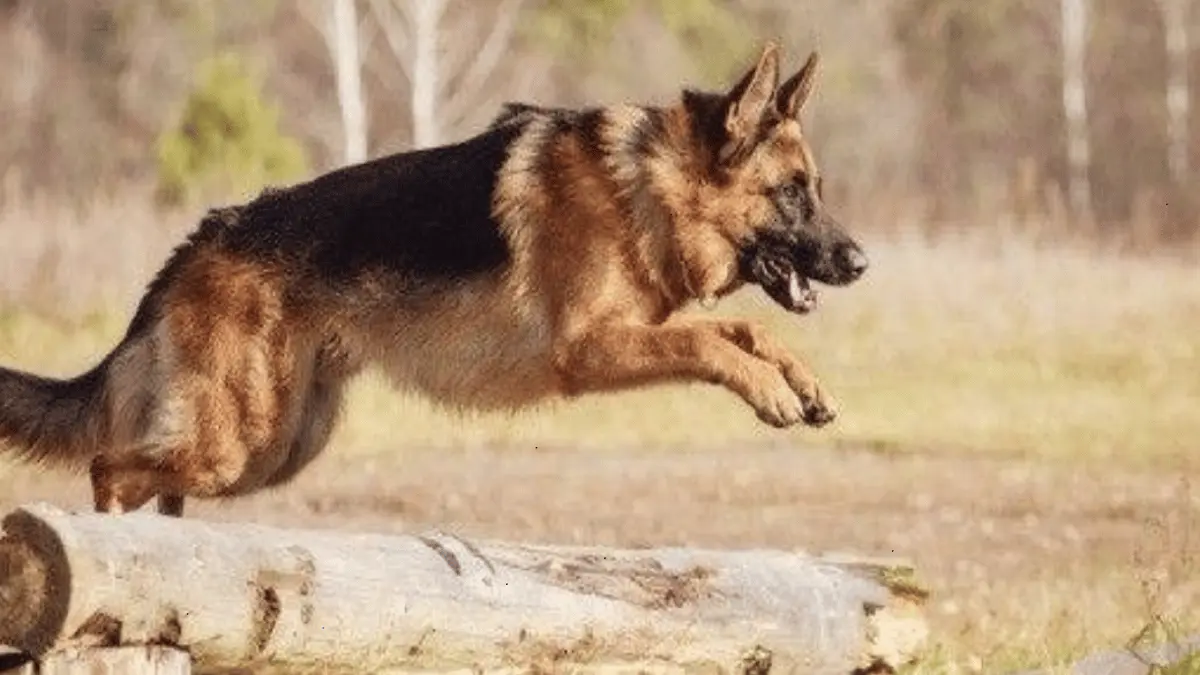Temperament of French Bulldogs: The Good and the Bad Sides
Uncover the French Bulldog’s charming temperament! Embrace the good and understand the challenges for a rewarding companionship.
Despite his sad expression, the French Bulldog is fun, entertaining and very friendly.
As comfortable in an apartment as in a farm, he is very alive, more than you would think when you see his stocky look. French Bulldogs puppies are very fiery and chasing after bullets is one of their passions. Adults are calmer and can stay sprawled all day on the couch, but they also like to go crazy and walk around when the weather is nice.
Most French bulldogs are friendly to people, others are more reserved. French bulldogs do not bark much, except to announce visitors.
They are not aggressive towards other animals (some French bulldogs nevertheless run after rodents). Males may have a tendency to bicker between themselves.
The French bulldog is quite stubborn, it can be difficult to educate. He is very sensitive, remembers what he learns and responds positively to early, patient and persistent training that involves food.
French Bulldog Temperament – Do you want to give a gift your Frenchie will absolutely love? Get this stuffed piggy toy and let your best puppy enjoy playful moments with a new companion!
If you are looking for a dog that…
- Is small but sturdy – not a delicate house dog
- Has big expressive eyes
- Has a silky coat, easy care, in many colors
- Is generally polite to everyone, including other animals
- Love to play and run after balls
- Does not need a lot of exercise
- Do not bark a lot
A French bulldog is for you.
If you do not want to deal with…
- Grunts, sniffles, whistles, snoring, drooling
- Gas (flatulence)
- Stubbornness and difficulty learning to clean
- Some potential health problems due to its distorted head
- High cost
A French bulldog may not suit you.
Here’s what to think about before adopting a French bulldog:
Minimize the problems that can be caused by their little heads:
1. Their breathing apparatus is fragile, so do not smoke near it, do not use chemical household cleaners and keep them away from pollen and freshly cut grass.
2. Make sure your veterinarian uses modern anesthetics (eg isoflurane) and insist that blood pressure and heart rate be monitored. Many veterinarians are not cautious enough when they anesthetize small-headed breeds.
3. When the weather is hot or humid, minimize outdoor activities and keep it at home, with air conditioning. Dogs with a small head have a greater risk of heat stroke because they can not pant enough to lower their body temperature.
4. Walk with a Y-shaped harness that surrounds his chest rather than his neck. A collar puts pressure on the trachea and makes breathing more difficult.
5. Wash and dry the wrinkles of the skin on his face after each meal.
Stubbornness: French bulldogs are not Golden Retrievers. Most French bulldogs are quite stubborn and can be manipulative. You have to show them, being constant, that you really think what you are saying (food is a good motivator for French bulldogs, but if you give them too much and do not get enough exercise, they will be overweight).
Cleanliness training: At least four to six months are required for training.
Noises emitted by French bulldogs: Because of their small head, the vast majority of French bulldogs grunt, sniff, hiss and snore. Some people find these noises cute, others find them annoying. Some French bulldogs, especially those with flabby jowls, put saliva everywhere when they drink. Some people also drool, especially after eating and drinking.
Gas (flatulence): All breeds of small-headed dogs swallow a lot of air when they eat, and this air must come out well.
Health problems: Because of poor breeding practices and their small heads, French bulldogs suffer a lot of health problems, especially diseases of the joints, spine, eyes, heart and others.














